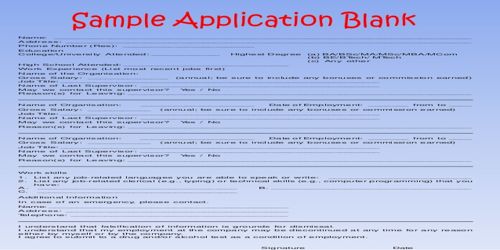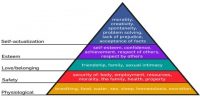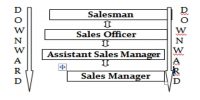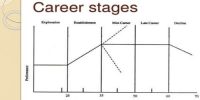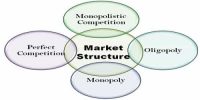A Weighted Application is a form whose responses are assigned a numerical value that correlates to the skills, knowledge, and abilities needed to perform the job. Individual items of information are validated against performance and turnover measures and given appropriate weights. The values are assigned on the basis of the expectation of each organization and remove the error of subjective evaluation of the applicant.
Generally, the items that have a strong relationship to job performance are given high scores. For example, for a medical representative’s position, items such as previous selling experience, marital status, age, commission earned on sales previously, etc., may be given high scores when compared to other items such as religion, sex, language, place of birth, etc.
The total score of each applicant is obtained by summing the weights of the individual item responses. The resulting scores are then used in the selection decision. The WAB is best suited for jobs where there are many workers, especially for sales and technical jobs and it is particularly useful in reducing turnover. There are, however, several problems associated with WAFs. It takes time to develop such a form.
The cost of developing a WAF could be prohibitive if the organization has several operating levels with unique features. The WAF must he “updated every few years to ensure that the frames previously identified are still valid predictors of job success”. And finally, the organization should be careful not to depend on weights of a few items while selecting an employee.
